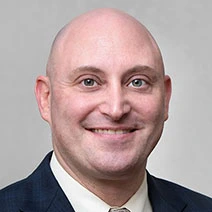Study shows brain injuries may increase suicide risk
Traumatic brain injury is the leading cause of death and disability in young adults in the developed world. Suicide is the second leading cause of death for young people ages 15 to 24. Though the reasons for any particular suicide are often inscrutable, a new brain injury study published Tuesday in the Journal of the American Medical Association suggests that at least a fraction of the blame could be placed on traumatic brain injuries.

Researchers found that of the nearly 7.5 million people who make up the population of Denmark, more than 34,500 deaths between 1980 and 2014 were by suicide. Approximately 10 percent of those who took their own lives had also suffered a medically documented traumatic brain injury. The statistical analysis was conducted using the Danish Cause of Death registry.
“Individuals with mild TBI, with concussion, had an elevated suicide risk by 81 percent,” said Trine Madsen of the Danish Research Institute of Suicide Prevention, one of the authors of the study. “But individuals with severe TBI had a higher suicide risk that was more than double [the risk of someone with no TBI].”
Seena Fazel, a forensic psychiatrist at the University of Oxford, has studied TBIs and health risks, including mental health issues, in large Scandinavian populations as well. “What is important in this study,” Fazel said, “is that we can say that these risks are also found when TBIs are sustained in childhood.”
The authors of the study say their estimations are likely low since mild traumatic brain injuries went largely undiagnosed before the mid-1990s. There is also a large number of people who for whatever reason never sought medical treatment.
Where we go from here is clear to Bob Knight, a professor of neuroscience at the University of California at Berkeley. “It’s simple,” he said. “It should lead to a change in how TBIs are handled … If you had the same amount of injury to a language center of your brain, you’d be sent to a speech pathologist.
“Bottom line: People should not be sent out of ER without a follow-up” by a psychiatrist or psychologist.


